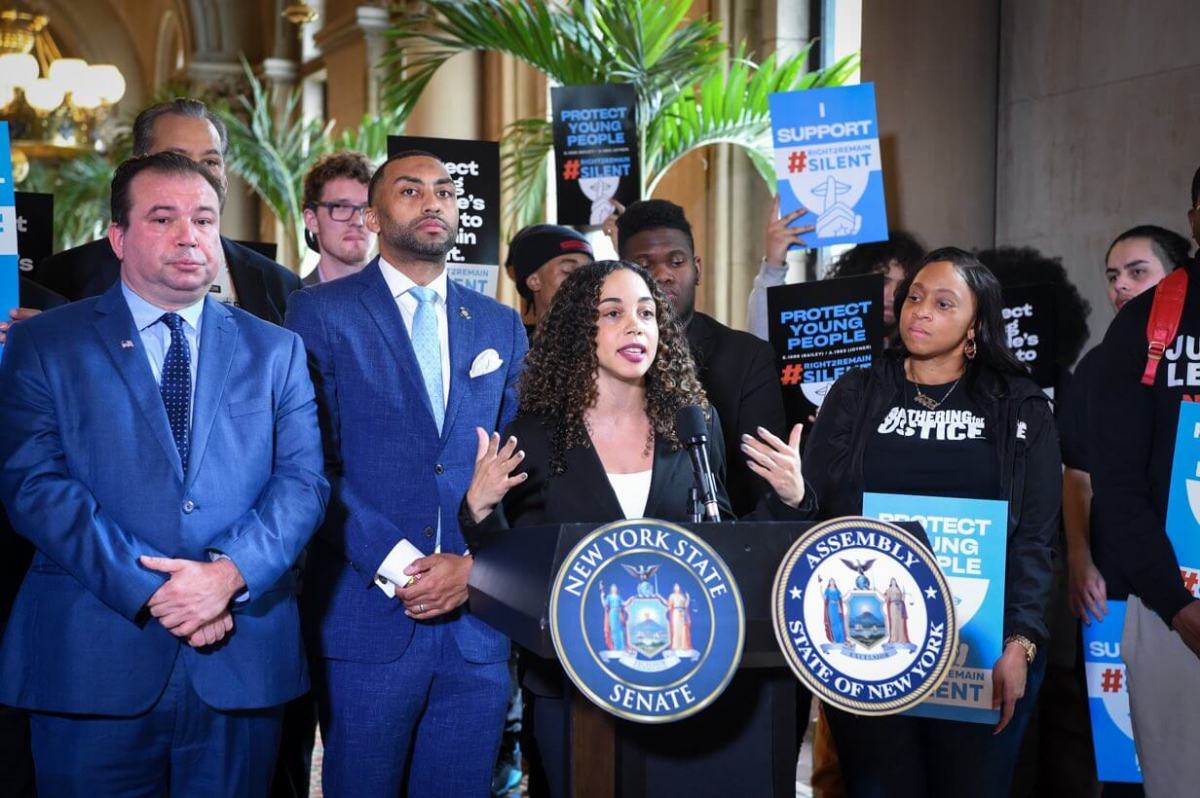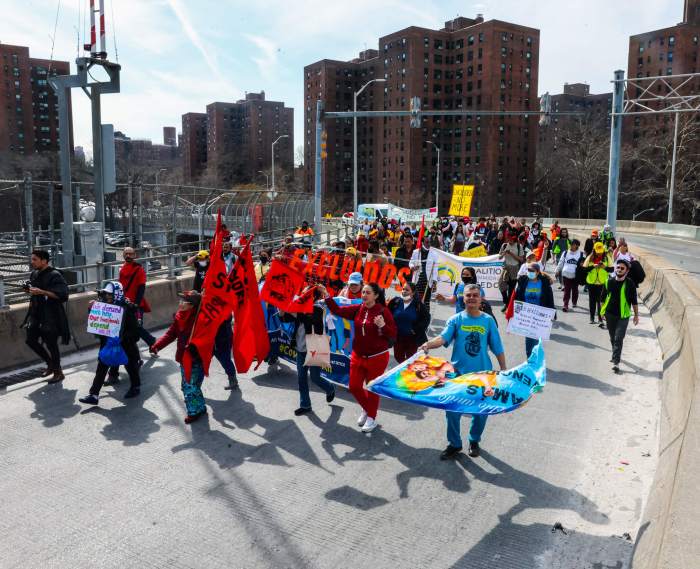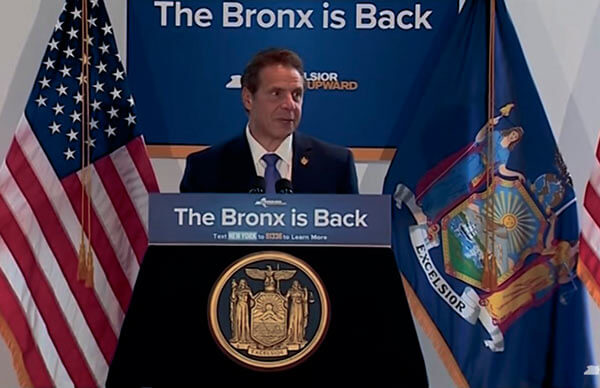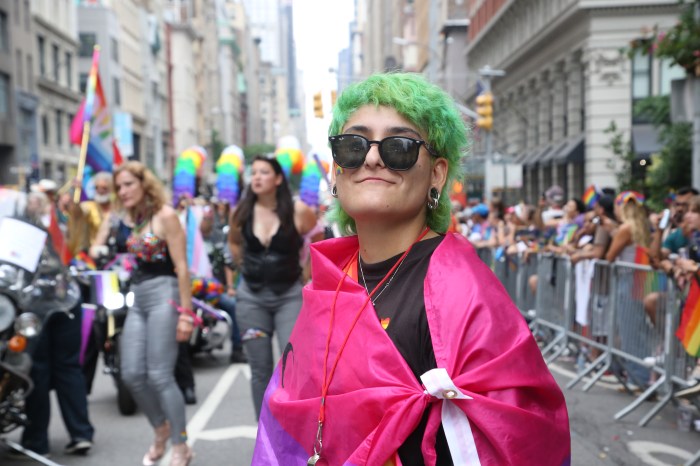Much of the state budget chatter this session with regard to New York’s criminal justice infrastructure has revolved around bail reform and discovery. But some lawmakers in Albany are hoping that other efforts to address the city and state’s criminal justice system — such as strengthening Miranda rights and codifying rights to counsel for children under 18 prior to police questioning and interrogation — don’t get put on the back burner.
If passed, the #Right2RemainSilent Act, sponsored by Bronx politicos state Sen. Jamaal Bailey and Assemblymember Latoya Joyner, would require the state to provide young New Yorkers in custody with prompt access to an attorney both over the phone and in person.
Miranda rights — the legal rights that a person must be informed of before police questioning and interrogation — are enshrined in the Fifth Amendment and ever present in police procedural TV shows.
“You have the right to remain silent. Anything you say can and will be used against you in a court of law. You have the right to an attorney. If you cannot afford an attorney, one will be provided for you.”
But advocates for the bill say those rights are often misunderstood, especially by young individuals under police custody.
More than 50 years after the Supreme Court ruled in Miranda v. Arizona that the Fifth Amendment requires police to inform people in custody of their rights, the promise of the decision, according to some, remains largely unrealized.
Research by Miranda Rights Comprehension Instruments suggests that 94% of justice-involved youth ages 12 to 19 fail to fully appreciate the function of Miranda rights, and thus become susceptible to false statements that further incriminate them.
“There’s the Miranda rights that kids know and hear on TV, but they don’t know what it means when they actually encounter a police officer,” said Joyner, who represents the Concourse and Highbridge sections in the 77th District. “Am I in custody? Am I not? The difference between being questioned and interrogated. This bill lays out, clearly, that they need to have a consult with an attorney before further interrogation or questioning.”
The bill follows a similar model in Chicago — which like New York has some of the nation’s highest wrongful conviction rates — where prompt access to an attorney via phone or in-person is required before custodial interrogation.
The New York legislation would also make modifications to the Family Court Act requiring custodial interrogations of individuals under 18 only after consultation with counsel, ensuring any waiver of Miranda rights is genuinely “knowing, voluntary, and intelligent.”
“Young people are not able to comprehend Miranda warnings, or the consequences of waiving their right to remain silent,” said Dawne Mitchell, chief attorney of the Juvenile Rights Practice at The Legal Aid Society. “Due to their developmental stage, they also make false confessions at much higher rates than adults. By requiring consultation with counsel before a child can be interrogated, the bill would ensure youth’s right to remain silent is protected and that those without the means to hire a private attorney will not be disadvantaged.”
The bill also requires the police to notify a parent before transporting a child to the precinct when taking one into custody.
“Children need the security of an attorney present who can protect their rights and ensure that their statements are reliable and are not being made only for the purpose of relieving them from a frightening situation,” said New York City Family Court Judge Judith Waksberg.
Joyner cited the infamous case of the Central Park Five — Kevin Richardson, Antron McCray, Yusef Salaam, Raymond Santana Jr., and Korey Wise — five teenagers who were wrongfully convicted and served time for the 1989 rape of a female jogger.
The five youth in the case, which was spotlighted in a 2019 miniseries “When They See Us,” were interrogated as youth and coerced into false confessions in New York City more than 30 years ago. Legal advocates for the bill argue that New York state has failed to curb deceptive interrogation tactics used by the police since the Central Park 5 incident.
In both the state and city’s confinement settings, Black and Latino New Yorkers are overrepresented, and youth affected by current police interrogation practices are overwhelmingly Black or Latino, a 2022 Juvenile Justice Committee and Children and the Law Committee report found.
“We’ve seen it even with the Central Park Five, you can have an adult, a guardian, a parent (present), who does not know the legal system, and they’re waiving their child’s right to remain silent,” said Joyner. “This is about protecting our youth, our people of color, so that they don’t feel coerced or feel like they need to lie because they’re in a scary situation.”
























